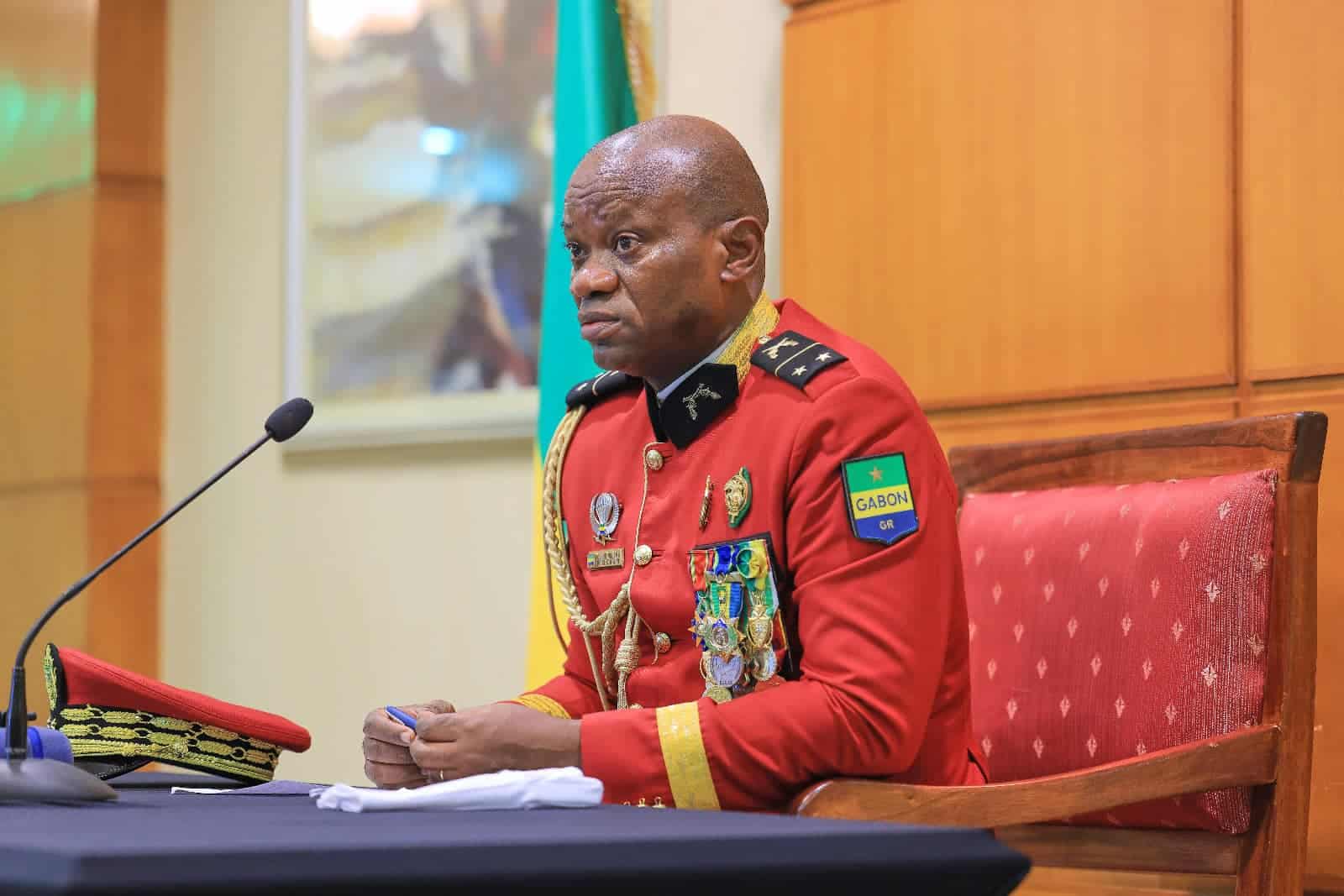
Gabon on Tuesday launched a national dialogue intended to pave the way for elections next year following a coup that ended the 55-year Bongo dynasty.
Transitional President General Brice Oligui Nguema has pledged to hand back the oil-rich central African country to civilian rule after a two-year transitional period.
Amid heavy security, 600 participants appointed by the general himself, as well as thousands of members of the public, heard him announce that the dialogue would “lead the country towards democracy and the genuine rule of law” and bring social justice.
The generals who took over last August 30 had promised as much after accusing Ali Bongo Ondimba’s regime of fixing the elections and corruption that was bleeding the country dry.
The international community has welcomed the steps taken so far under Oligui, ex-chief of the presidential guard, and many Gabonese still regard him as a saviour.
Nevertheless, among former opposition members who have not backed the military rulers, voices have been raised against what they say amounts to a dialogue “between oneself” to prepare the general’s candidacy for president.
Authorities have vowed that the “Inclusive National Dialogue” would be made up of all the country’s “vital actors”.
Yet 199 of the participants are members of the transitional government and parliament and another 104 are soldiers.
Civil society representatives, including from employers’ organisations, unions, youth and pensioner groups as well as NGOs will make up much of the remainder.
The choice of participants “is not respectful of democracy”, said Anges Kevin Nzigou, executive secretary of the Party for Change (PLC) and an opponent of both the Bongo and Oligui regimes.
The military regime “is demonstrating its intention to control the debate from start to finish”, Nzigou added.
For Libreville political science researcher Guy Pambo Mihindou, “Organising a dialogue and choosing who comes is a bit like having defined what will be said.”
The opposition also complains about a lack of information on how the consultation will be handled.
Non-binding resolutions
Under the transition timetable, the public were invited to submit suggestions to be presented to the national dialogue.
Minister for the Reform of Institutions Muri elle Minkoue said 38,000 complaints and proposals were received at offices or online.
Detractors say resolutions from the dialogue process will not be binding, including on the future constitution which authorities say will be put to a referendum.
The opposition also fears the dialogue will not question Oligui being allowed to run for the presidency in 2025.
Although a post-coup charter barred all leading figures in transitional bodies from the race, it made an exception for the general.
